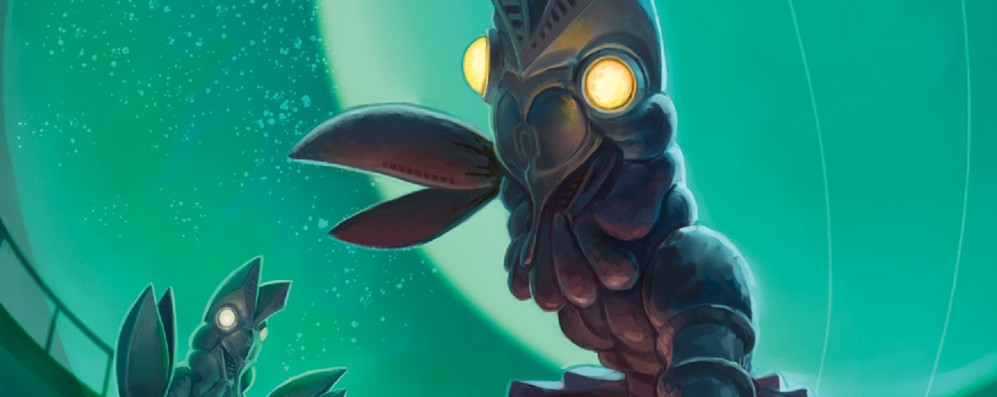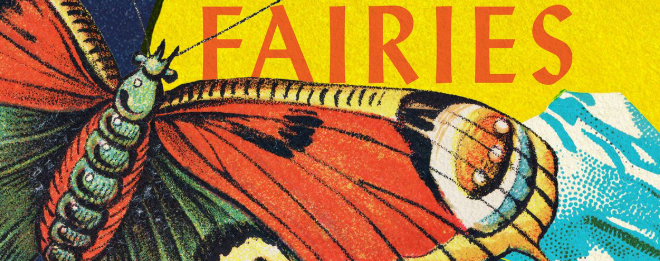
In this day and age, there is certainly no shortage of Kaiju-related books, especially reference ones. Whilst the quality of these books can vary, especially with the pros and cons that come with the dawn of self-publishing, most of them are coming from the heart, and that’s admirable. Recently, Tokusatsu: Japan’s Monster Cinema, by Lee Crawford, was published. Aiming to dive into aspects of the genre’s history and provide some commentary along the way, the book’s mission was to provide commentary on some of the greatest films to grace the genre. While most books tend to give a more objective perspective of the history, including both the triumphs and downfalls of these storied franchises, there is a little more subjective analysis within these pages.
To begin, the strongest aspects of Tokusatsu are its resources and its desire to not beat around the bush. I appreciated the objectivity in delivering some of the more heavy-handed aspects of this genre’s history. It’s common for many members of this fanbase to gloss over the political history that grasps most of these movies, instead opting to just pretend these movies are silly punch fests. But here, it’s on full display. Crawford also doesn’t dance around it, even if perhaps he may disagree at some points in his commentary.
There is also a great selection of references at the end of the book, plus recommendations on where to go next if you’d like to learn more about this art form. That is a nice touch, and it was nice to see the author be honest about the scholars of our community kind of doing the heavy lifting and more intensive, deep-dive kind of books if you want to really get some information. The range of English and Japanese books is one of the most drawn out I’ve seen in a Kaiju book, but it’s strangely missing Ishiro Honda: A Life in Film, From Godzilla to Kurosawa by Steve Ryfle and Ed Godziszewski, which would be the book to reference when analyzing the original Godzilla film and its director.
Unfortunately, where the book falls is the formatting itself. I’m not sure if there are books out there that have its main text italicized and titles in default text, but it was incredibly jarring for me. Additionally, Crawford is aiming to make a film criticism book that also objectively talks about these movies, but the balance between those two is a fine line, and at times, there’s intriguing opinions of the author thrown around that come out of nowhere. For instance, there’s some really great analysis on Invasion of Astro-Monster’s themes of our reliance on technology being poingant to this day, with our daily lives being intrinsically connected with the internet and social media. That’s smart, but then it’s followed up with an out of left field rant about Ready Player One and VR, not just because we’re over-reliant on such technologies, but that it’s “unacceptable” to utilize them, and that our youth is essentially doomed for using it.
There are other moments where the synopsis for one film is really short and enjoyable, giving readers a taste of what the movie is about, and then the synopsis for Godzilla Minus One is 3-4 pages long, recounting the entire plot. I think with some more editing, those synopses could have been chopped down to a paragraph or so, making the emphasis more on the commentary within and discussing the themes of each movie. Also, there are moments with cited sources utilizing superscript numbers when making declarative statements, such as “The Gamera trilogy is the finest set of kaiju films since the original Godzilla,” but not when making statements I genuinely can’t back up when fact-checking this book, such as the showrunner for Godzilla: Singular Point walking away from Toho because they wanted the anime’s second season to be more kid-friendly.
Overall, there’s some good nuggets of information for casual kaiju fans within Tokusatsu: Japan’s Monster Cinema, but I feel like it needed a little more time in the oven to truly become its own thing. Film criticism is a dying art, and it’s an intriguing premise to take for a kaiju book, as the market for objective historical study is already pretty substantial, but by just narrowing it down to 4 specific Godzilla movies, the Gamera trilogy, and two Ultraman shows, I feel like there’s some crucial pieces in the history of this franchise that could be assessed more.




